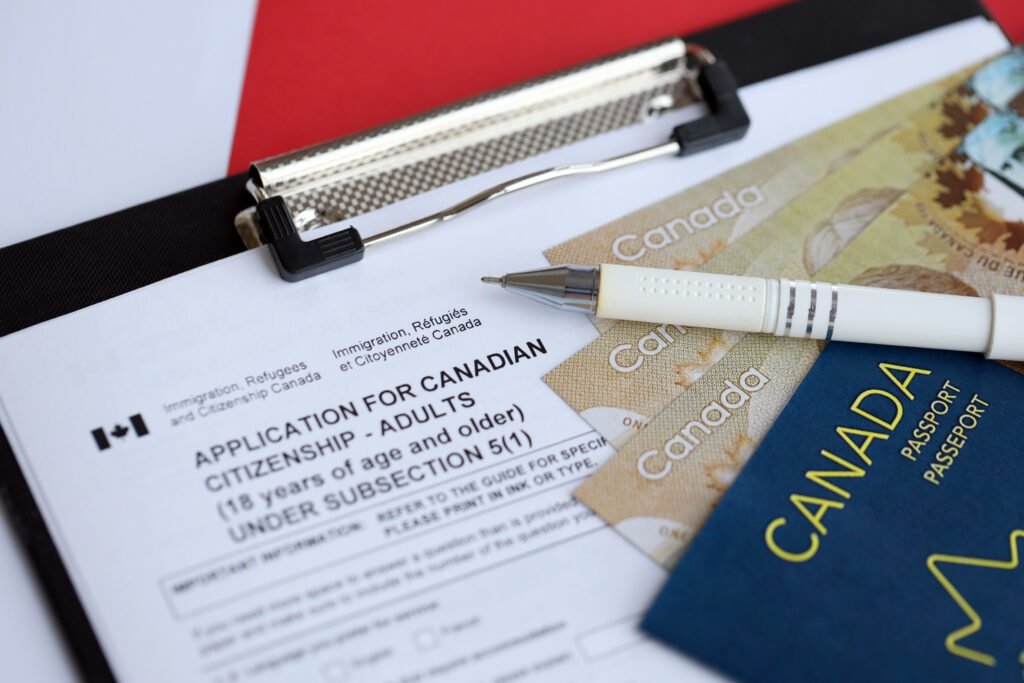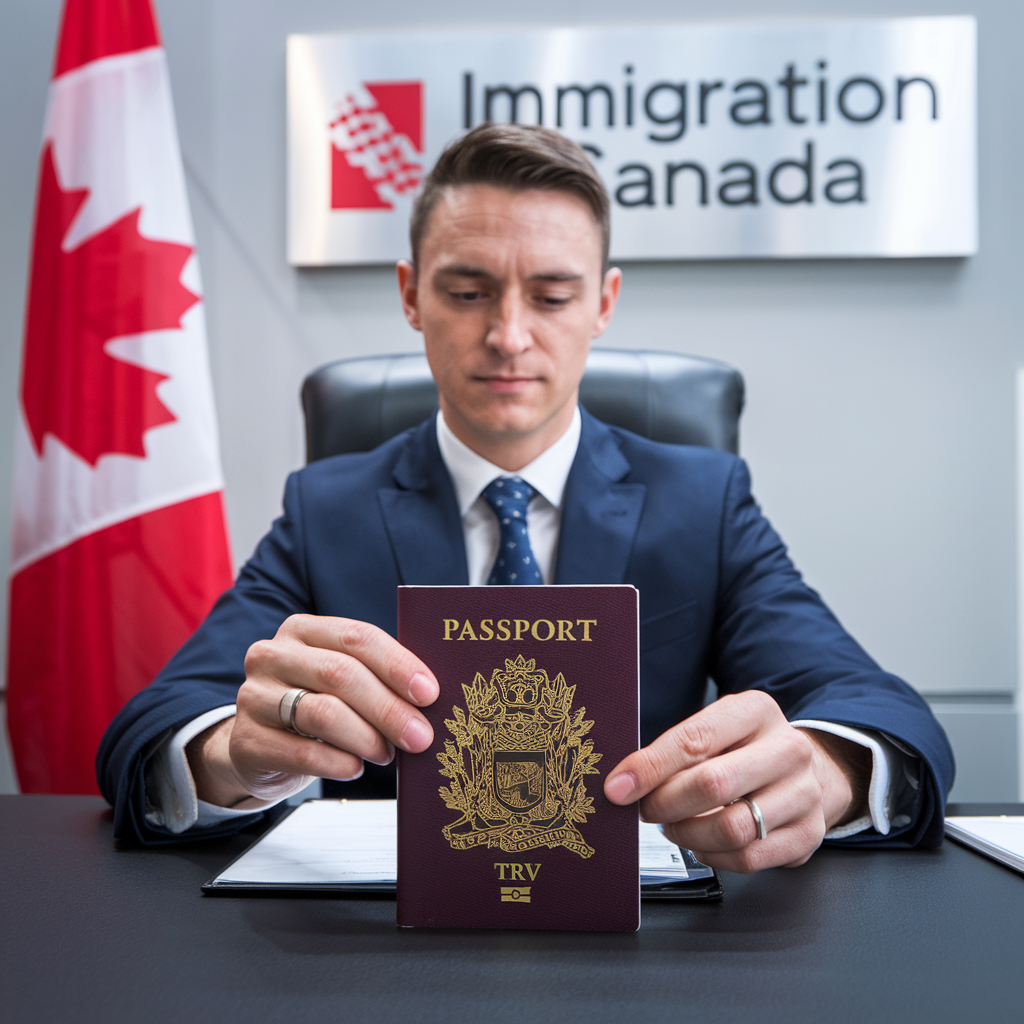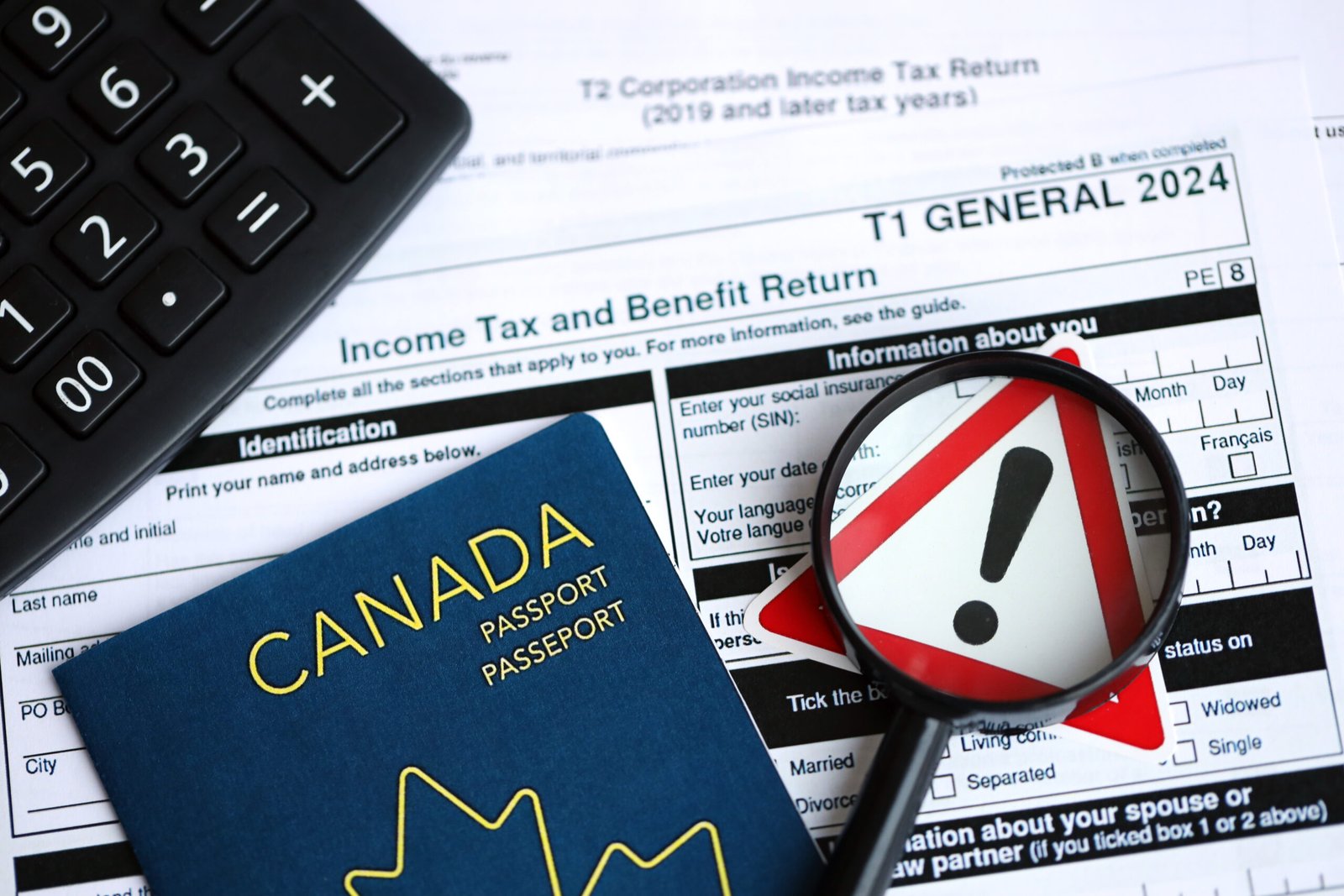TRV vs. PGP Visa in Canada | What You Need to Know
Are you planning to travel around Canada? Or are you stuck in the confusion about the TRV vs. PGP visa in Canada? Here is the comprehensive guide.
This guide will answer all of your questions about the temporary resident visa (TRV) and Parent and grandparent program (PGP) visa, such as:
- What are TRV and PGP visas in Canada?
- What is the purpose and eligibility criteria?
- How do the requirements of the two visas differ?
- What is the application process for TRV and PGP?
- Can the TRV convert to the super visa or PGP?
- What are the key requirements for a super visa?
So, let’s get started with an in-depth overview of the TRV and PGP visas.
Overview: TRV vs. PGP Visa in Canada
As the name indicates, a TRV (Temporary resident visa) gives the chance to live in Canada for a shorter period of time. This visa can be an alternative visa for a tourist, business, or visitor visa. Due to the shorter period of six months, people find it ideal to travel around Canada as a temporary resident.
There are two types of TRV visas:
A single-entry visa
The single entry has short validity. This means that the visa holder can enter Canada just once. Once the traveler leaves Canada, he needs to reapply for another TRV visa. But there are certain exceptions. For example, the traveler can travel to the US, St.Pierre and Miquelon. Thus, there is no need to reapply for a new visa after visiting these countries.
A multiple-entry visa
The TRV multiple entry visa has some extended validity for ten years. Also, the visa holder gets the chance to travel out of Canada. So he can reenter Canada without reapplying for a new visa. Thus, the visa holder can avail of this chance once in six months.
In the InTRV vs. PGP visa in Canada, a sponsor is required for the PGP (Parents and grandparents program). Thus, the sponsor will provide all the financial proof and a signed contract. According to this sponsorship agreement,
- The sponsor takes complete responsibility for inviting parents or grandparents to Canada.
- There will be a guarantee about the sponsored people related to social assistance. Thus, the parents or grandparents will not get any help from the government. If they need help, then the sponsor will be responsible for repaying all the money.
- No one can cancel the sponsorship after its approval.
- Thus, your changed relationship or the financial crisis will not affect the sponsorship.
Key Differences: TRV vs. PGP Visa in Canada
There are many key differences between the TRV (temporary resident visa) and PGP(parent and grandparent program) visas.
1. Purpose and Eligibility of TRV and PGP visas
The TRV visas are especially for business tours and other short-term visits. So, if someone wants to travel around Canada for about six months, then TRV is the best option. Thus, the applicant must follow the following eligibility criteria:
- Valid travel document or passport.
- The clean past criminal record.
- Clearance of medical examination.
- Show enough funds to support your needs in Canada during your stay.
In contrast, PGP visas are special visas for the parents or grandparents of the Canadian citizen. Thus, this visa has a different intent. So, you can sponsor your parents or grandparents if you are following the eligibility requirements for PGP visas:
- You are 18 or above 18 years old.
- You are a permanent citizen of Canada
- A registered citizen in Canada under the Indian Act is also acceptable.
- The sponsor must show enough funds to support the coming family member.
- You must sign the sponsorship agreement.
2. Stay period and processing time: TRV vs. PGP visa in Canada
The stay period is the same for the single and multiple entry TRV (temporary resident visa). Thus, the visitors can not stay more than six months in Canada.
Moreover, the processing time depends on the TRV visa application method. In the case of a paper application, it will take 20 days to process the visa. However, the visa will be processed within 16 days in online visa application processing.
On the other hand, the PGP visa program has a very long processing time of 24-36 months. Thus, there is a good result of all this patience. So, after the PGP visa approval, the government will give permanent residency to the visa holders. Hence, there is no limit of stay duration in PGP (parents and grandparents visa program)
3. Cost and work rights: TRV vs. PGP visa in Canada
The following table presents the cost of both visas.
| Cost | TRV(Temporary Resident Visa) | PGP(Parent and Grandparent Program) |
| Application fee | $100 | $1050 |
| Biometrics fee | CAD $85 | $85 |
| Right of permanent residence fee | N/A | $515 |
| Medical Exam fee | $200 (varies) | $200 (varies) |
| Total cost | $185-$285 | Approx $1650 |
TRV holders are not permitted to work in Canada. It is strictly for temporary visits, typically up to six months. And it does not grant employment or study rights. So, the applicant must apply for a separate work or study permit to be obtained
Unlike TRV holders, PGP visa holders are not automatically granted the right to work. However, they can work after becoming permanent residents through the PGP.
Application Process: TRV vs. PGP visa in Canada

Fill online form
First, fill out the required visa form from our website. Also, provide the complete personal information.
Submit Documents
After filling in the personal information, upload the required documents on the website.
For a TRV, applicants must provide proof of funds and ties to their home country. Thus, this will show their intent to return after the visit.
If a PGP visa is being applied for, the sponsor must submit documents showing proof of income. Also, an invitation letter from the sponsor in Canada is needed.
Pay Application Fee
Pay the fee of CAD $100 if your visa is the TRV application. Moreover, you need to pay CAD $1,050 per parent or grandparent for the PGP visa application. This fee includes the application and the permanent residence processing fee.
Biometrics and Medical Exam
Applicants for both TRV and PGP visas may be required to provide biometrics (fingerprints and photos). The biometrics fee is CAD $85 for individual applicants.
In addition, PGP applicants must undergo a medical exam to ensure they meet Canadian health requirements, while this may only be required for certain TRV applicants based on their country of origin.
Processing and Decision
After submitting all the documents, your application will be processed. Processing times may vary depending on the application type.
TRV vs. Super Visa in Canada
Following is the table of comparison for TRV (Temporary Resident Visa) vs. Super Visa in Canada:
| Features | TRV temporary resident visa) | Super Visa |
| Purpose | Short-term visits (tourism, business, family visits) | Long-term visits for parents and grandparents of Canadian citizens. |
| validity | Six months per visit | Up to 10 years (2-year stays per entry.) |
| cost | CAD $100 | CAD 100$ and medical insurance |
| Medical exam | Not required | Mandatory |
| Insurance | Not required | Proof of private health insurance from a Canadian company with at least CAD $100,000 for one year. |
| Processing time | 16 to 20 days | 2 to 6 months |
| Work rights | No work rights | No work rights |
| Eligibility for PR | No direct eligibility | No direct eligibility |
PGP vs. Super Visa in Canada
People often get confused about visas while sponsoring their parents and grandparents. Supervisa is a completely different visa from PGP (Parents and grandparents program)
Here is the detailed comparison of the PGP (Parents and grandparents) and supervisa.
| Features | PGP ( Parents and Grandparents Program) | Super Visa |
| Purpose | Permanent residency for parents and grandparents of Canadian citizens | Long-term visits for parents and grandparents of Canadian citizens. |
| validity | Lifetime | Up to 10 years (2-year stays per entry.) |
| cost | CAD $1,650 | CAD $100 and medical insurance |
| Medical exam | Required for PR application | Mandatory |
| Insurance | Not required | Proof of private health insurance from a Canadian company with at least CAD $100,000 for one year. |
| Sponsorship Requirement | sponsorship by a Canadian citizen or PR with sufficient income (must meet the minimum income requirement for three years). | Invitation from a Canadian citizen or PR, but without sponsorship for permanent residency. |
| Processing time | 24 to 36 months | 2 to 6 months |
| Work rights | Eligible to work in Canada | No work rights |
| Eligibility for PR | Directly gets the Permanent residency | No direct eligibility |
Can TRV Be Converted to a Super Visa or PGP Visa?

It is not possible to directly convert a TRV into a Super Visa or PGP visa. However, there is another option. The applicants can apply for a Super Visa or PGP from outside Canada. Thus, this will help them fulfill the eligibility requirements for a super visa.
Final Verdict
TRV vs. PGP visa in Canada is the battle until you know your needs. Both visas have different purposes. The TRV can cover all the short-term tours to Canada. In contrast, the PGP visa gives permanent residency to parents and grandparents. Additionally, the Super Visa offers an extended stay option for those who do not want permanent residency.
So, hurry up and fill out the visa application form from our website. And start your happiness journey with family in Canada/
FAQS
TRP vs TRV: What’s the Difference?
A Temporary Resident Permit (TRP) is different from a TRV. A TRP is issued to individuals who are inadmissible to Canada but have a valid reason to visit temporarily. In contrast, a TRV is for those who meet the standard entry requirements and plan a temporary stay.
Super Visa vs PGP: Which One is Right for You?
Choosing between a Super Visa and a PGP visa depends on your goals. If you want your parents or grandparents to stay for extended periods but return to their home country, the Super Visa may be the better option. However, if you want them to settle permanently in Canada, the PGP visa is the right choice, provided you meet the income and sponsorship requirements.
Can I apply for both the PGP Visa and the Super Visa for my parents?
Yes, you can apply for both the PGP Visa and the Super Visa, but you can only use one at a time. The Super Visa is a good option if you want your parents to visit Canada for extended periods (up to 2 years per entry) while waiting for the PGP Visa application to process. If your parents obtain the PGP Visa and become permanent residents, they no longer need the Super Visa. Keep in mind that each program has different eligibility criteria, processing times, and costs.

Post a Comment